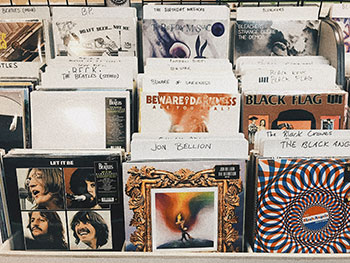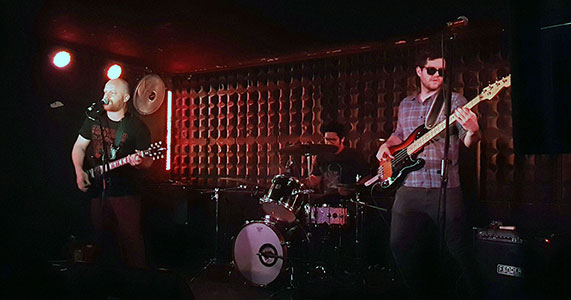Have you found yourself scratching your head at the different types of music royalties Unsure how they work and who gets what? It’s important to understand music royalties before signing any contracts.
Registering your work with APRA/AMCOS formalises the copyright attached to your song. This is comprised of two parts. The musical and the lyrical. If you’ve written the music and the lyrics 100% of the work is owned by you. You’ll be getting that whole pie. If the lyrics were written by you and the music by someone else, there will be a 50/50 split on the royalties paid out. And so on and so on….
Mechanical Royalties
The mechanical music royalties are related to the physical reproduction of a sound recording. When your song is pressed onto a vinyl, printed on a CD – this generates a mechanical royalty. If you have independently pressed and released your own CD’s or vinyl of your own music, you’ll have “paid this fee to yourself”. If someone else licenses your track and includes it on a compilation album, you will have agreed to have them pay you a mechanical royalty for the duplication of your sound recording.
Mechanical Royalties are also paid on digital downloads – as a digital file is considered a reproduction of the music. This royalty is paid out to the copyright holder of the music, so you – unless you have signed the copyright over to a publisher.

Sound Recording Royalties – (Public performance and communication royalties)
These royalties depend on who owns the actual recording of the music. If you are an independent artist who self funded the studio time, mixing, mastering, etc – that’s you. If you’ve had a record label flip that bill, chances are they own the sound recording. This of course depends on what was outlined in your contract with them. A license is obtained by broadcasters/venues/synchronisation deals/etc. that are playing and using recorded music which is reported in different ways. In most cases venues like dance classes – will be paying 2 different license types to play music in their class. The first is a license to play recorded music in their class, the second is a mechanical royalty aka reproduction licence.

Live Performance Royalties – (Public performance and communication royalties)
By playing your own music live you’re earning yourself this nifty royalty. If someone else plays your music live, you’re also entitled to receive a royalty. Live music venues are required to obtain a live music license to have artists perform. By submitting your live music report to APRA/AMCOS with dates/venues/tracks performed you will receive a little something something in your bank account. By including on this list any cover songs you may have performed will also make sure that the royalty will be paid out accordingly.
Print Royalties
This royalty is from the reproduction of the composition in sheet music form. Sheet music is now a specialised area with only a few publishers involved in the printing, distributing, and promotion.of it. I’m mentioning it as it is a royalty stream, however unless you have a massive hit it won’t be blowing up your bank account.
I hope that this brief breakdown has helped you provide a better understanding of the different royalty types, and the way that licenses work with them. It’s an important aspect to understand a bit further and research more into before you sign away your copyright ownership and for what percentages.